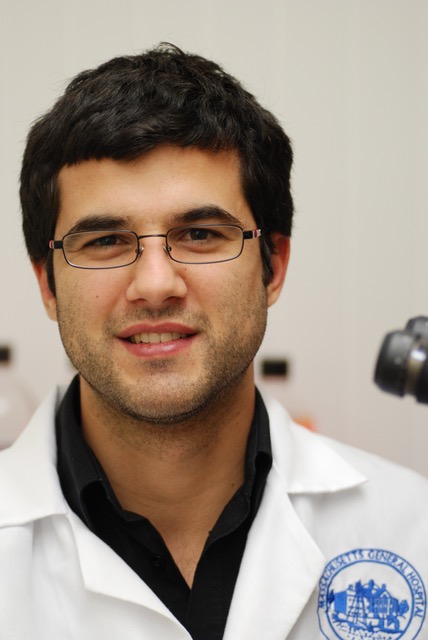Scientific Scholar Awards
About the Award
Young, talented investigators often have novel ideas and fresh approaches to scientific challenges. In order to attract new investigators to ovarian cancer research, each year we support multiple Scientific Scholars with $120,000 each for their proposed research. Each award recipient names a mentor who will help guide him or her through the process of becoming an established researcher.
Award Details
Two-year grants at $120,000 each, Scientific Scholar Awards are intended to assist promising laboratory and clinical scientists in pursuing a career as an independent investigator in ovarian cancer research.
Funds are for direct costs only; institutional overhead and indirect costs will not be included in the award.
Application Process
All application materials should be submitted through proposalCENTRAL, by the application due date. Applicants who do not already have an account in proposalCENTRAL must register for an account prior to beginning application. Once logged into proposalCENTRAL, search for Rivkin Center in the Grant Opportunities tab and select the appropriate grant.
Applications will only be accepted during the open competition window and will not be considered after the deadline. The completed application must be validated to ensure all materials have been submitted. Signature pages must be printed for a wet signature (not an electronic signature) from the named institutional official which can then be uploaded. To ensure a successful submission has taken place, confirm that the status of the application has changed to “Submitted.”
Massachusetts General Hospital2016 Scientific Scholar Award: AAV9 gene therapy using a novel engineered MIS to treat ovarian cancer
The Rivkin Center funded Dr. David Pepin in 2016 when he was just starting out his lab. He credits the early support from the Rivkin Center as being instrumental in building his ovarian cancer research program using virus-delivered gene therapy to combat the disease. As a result of the Rivkin Scholar Award, Dr. Pepin has received many other grants, including from the Department of Defense, that have allowed him to build on this initial project and other ovarian cancer-related projects.
“Funding during the postdoc to faculty transition is key in securing an independent research path without which it can be very difficult to survive the initial formation of the laboratory. I credit the funding from the Rivkin Center as a key factor in allowing me to do research in ovarian cancer, and has directly contributed to generating the data necessary to apply to larger grants such as the DoD and NIH. This award has allowed me to set in place many new collaborations (which are investigating both detection and treatment) which have benefited me and others, and ultimately will translate into better treatments for ovarian cancer.”


